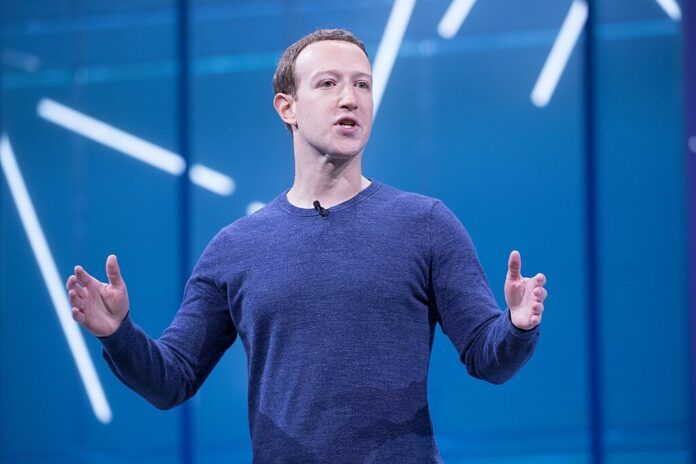CNN’s testing reveals Meta’s AI struggles to accurately generate images of interracial couples, spotlighting broader issues of AI and racial bias
Meta‘s artificial intelligence image generator is facing scrutiny for its difficulty in producing images depicting interracial couples or friendships. Despite Meta’s intentions to offer diverse and inclusive content, CNN’s recent tests revealed significant challenges. Specifically, the AI repeatedly failed to match the racial backgrounds of individuals as requested, often pairing people of the same race instead of generating interracial images.
This issue came into the spotlight when attempts to create images of couples with differing racial backgrounds repeatedly fell short, underscoring the AI’s struggle with diversity and bias.
Embed from Getty ImagesThe challenges were not isolated to one type of pairing. Requests for images of Asian individuals with White partners and Black individuals with White partners frequently resulted in the AI generating images of same-race couples. Intriguingly, the AI did manage to produce accurate images in response to specific prompts, such as a Black Jewish man with an Asian wife, after numerous attempts.
However, more generic requests for interracial couple images were outright rejected by the AI, highlighting inconsistencies in its response to diverse prompts.
Meta launched this AI image generator in December, aiming to advance the technology’s capability in creating diverse and inclusive content. However, the recent findings by CNN, along with reports from tech news outlets like The Verge, have raised concerns about the AI’s underlying bias. These concerns are particularly poignant given the significant portion of interracial relationships in America, with US Census data indicating that interracial marriages and partnerships form a substantial part of the population.
Meta’s response to these challenges has been to refer to its ongoing efforts to responsibly build generative AI features, acknowledging the novelty and complexity of addressing bias within these systems.
The company emphasizes the importance of feedback from users to refine and improve AI models. Additionally, Meta includes disclaimers with its AI-generated images, cautioning that they may be inaccurate or inappropriate, an admission of the technology’s current limitations.
This incident with Meta’s AI is part of a broader issue within the tech industry, where generative AI tools have struggled with race and bias. Instances of AI perpetuating racial and ethnic stereotypes, or failing to accurately represent historical and cultural realities, have prompted calls for more rigorous testing and development. Companies like Google and OpenAI have also faced scrutiny for their AI’s handling of race, leading to adjustments and pauses in certain features.
As generative AI continues to evolve, these incidents serve as reminders of the importance of diversity and inclusivity in AI training data and development processes. They underscore the ongoing challenges tech companies face in creating AI tools that can accurately and respectfully represent the complexity of human diversity.
